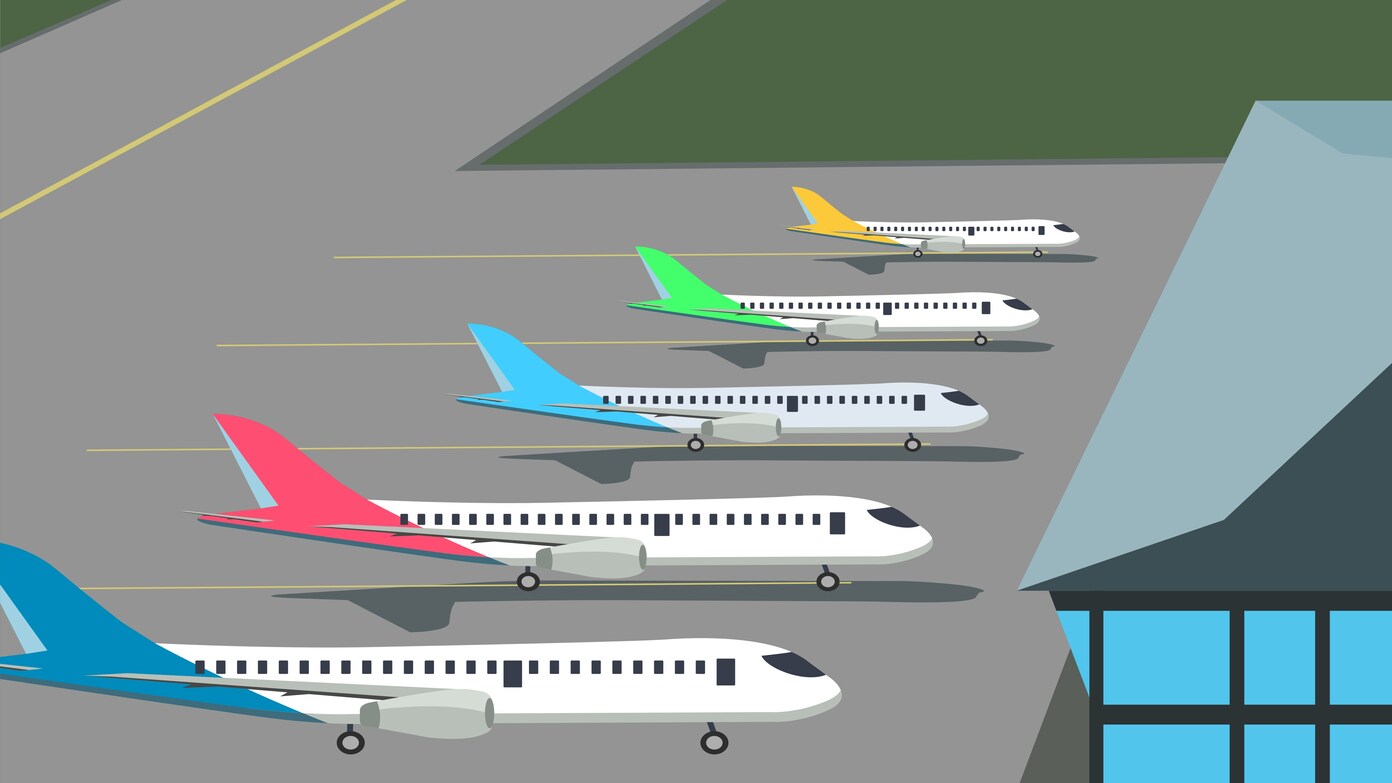China may be on the verge of boosting Airbus in a major way. Chinese carriers are said to be discussing a massive order for up to 300 Airbus aircraft, and a decision could be made as soon as next month. That timing? Coincidence? No, it falls in sync with a planned trip by European leaders to Beijing
Check this out: When did Martin Luther King die, who killed him and where did the assassination take place?
Why this matters
This is not a sale—it’s a game-changer. If approved, the sale would be one of the largest airline orders in years. Insiders even put the number of planes at potentially as high as 500. That’s right—five hundred brand-new Airbus planes.
This would include a mix of wide-body and narrow-body aircraft, giving Chinese carriers more flexibility on domestic and international routes. For Airbus, this would be not only a huge financial benefit but could also help solidify its hold in a market Boeing has long dominated.
A long time coming
Why now? As it so happens, China has not purchased any major aircraft in over five years. According to experts, the country is faced with an aircraft shortage right now, especially after the post-pandemic travel boom. Chinese carriers are set to grow and will need more planes to achieve this.
In April already, Reuters announced that China had been holding sporadic negotiations to buy as many as 500 Airbus planes. Those negotiations have allegedly been ongoing even longer—essentially at the time Chinese President Xi Jinping visited France last year. Apparently, the groundwork for this deal has been in progress for a while.
Tied to diplomacy
If you’ve ever reported on aviation deals before, you’ll recognize that they typically accompany diplomatic visits. China tends to announce large orders at state-level events. That’s why the European leaders’ visit next month has raised suspicions. It could be the time this important deal is finalized.
Nevertheless, don’t count your planes before they depart. Industry insiders tell us that negotiations can turn sticky, particularly with trade tensions and changing political winds. Even when agreements appear near, they sometimes collapse at the eleventh hour.
What Airbus is saying
So far, Airbus hasn’t commented on the report. That’s not unusual—they tend to keep quiet until deals are officially signed. Meanwhile, Reuters hasn’t independently verified Bloomberg’s reporting, so we’ll have to wait and see how this develops.
Read now: What are the differences between a truce, a ceasefire and a peace treaty?
The bigger picture
For you, the consumer, this could potentially mean more, newer planes coming from and to China. For Airbus, it is a good thing that its relationship with one of the world’s largest aviation markets is in good health. And for the industry overall, it is a signal that after all those years of freeze, large aircraft deals are back on the runway.

